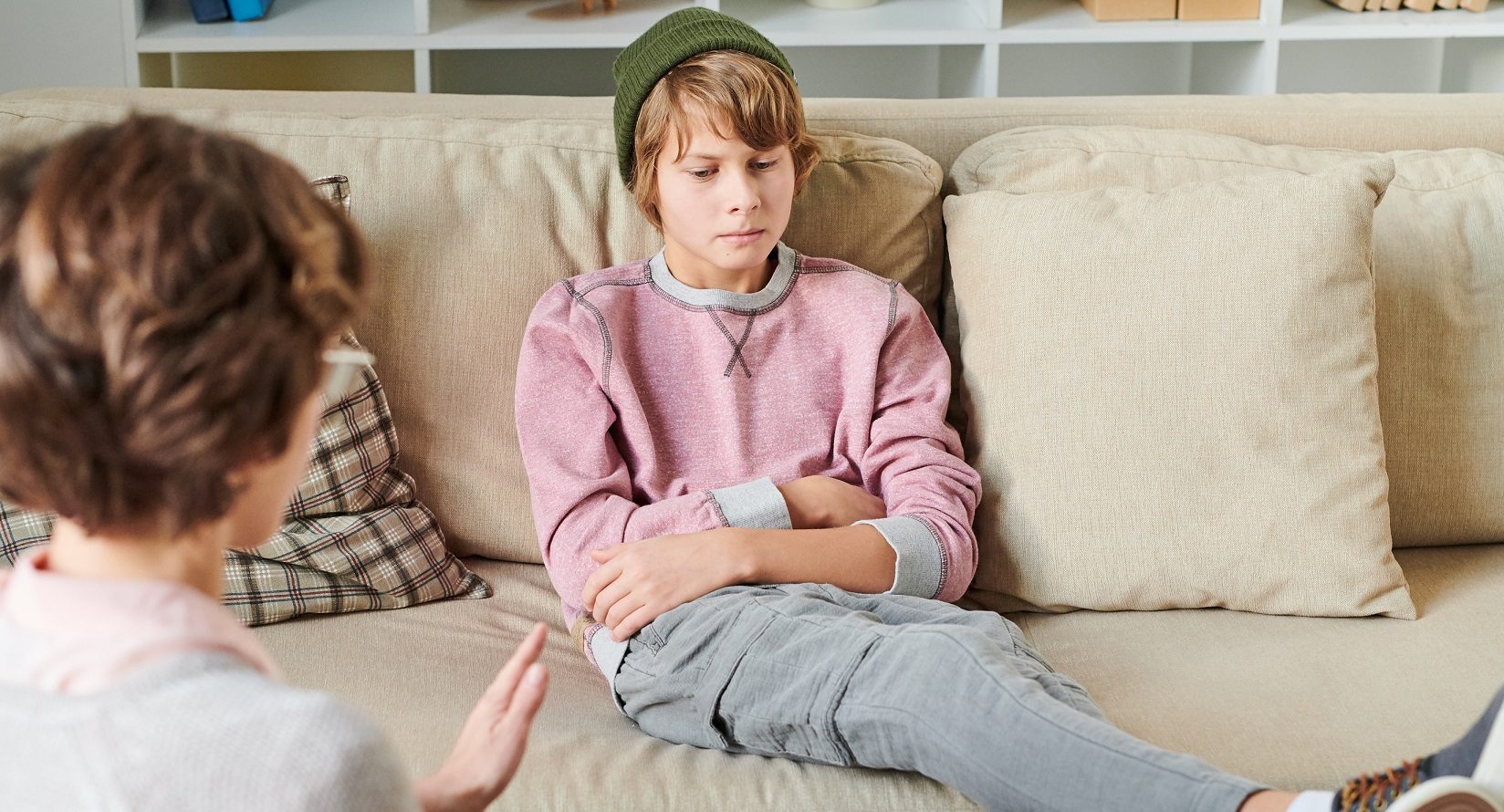Parenting Concerns
New Year’s Resolutions: How To Make Them Work

New Year’s resolutions…
Many of us have made them in the past, and I bet some folks have even followed through with them! But if we’re honest, most of us don’t follow through with the goals we set at the start of the year. One study found that less than half of those who made resolutions were still sticking them by June.
10 Self-Care Tips for Parents

Este artículo está disponible en español.
As parents, our main job is to take care of our kids, including our young adult children. It’s hard to think of anything more important than our children’s well-being. We worry about their academic success, social life, and recreational achievements.
New Year 2020: We Can Manage This!

Tune in wherever you get your podcasts. Just search for “Shrinking It Down.”
Did you know? According to a recent Clay Center survey, six out of 10 parents encourage their kids to adopt New Year’s resolutions.
11 Self-Care Tips for Teens and Young Adults

Este artículo está disponible en español.
Stress. Teens and young adults today are more stressed, anxious, depressed and lonely than ever – at least in the United States. At first glance, it’s hard to wrap your head around this fact.
Making Family Dinner Possible, featuring Anne Fishel, PhD – Shrinking It Down

There are many emotional benefits that come from connecting over a family dinner. But with the competing demands of reality, like busy schedules, technology, and picky eaters, this simple idea isn’t always so simple.
On today’s episode, Dr.
Healthy Body, Healthy Mind

“When you feel good, you have a much better chance to make good decisions.” – Ming Sun
The divide between mind and body has been debated for centuries. As we learn more about how our physical health influences our mental well-being, this divide becomes harder to find.
What Is A Nonverbal Learning Disability?

A nonverbal learning disability (NLD) is a syndrome that includes challenges in visual-spatial organization, nonverbal problem solving, and social skills. Despite often having strong verbal abilities, children with NLD have trouble understanding humor and adapting to new situations.
9 Ways to Know If Your Child’s Mental Health Clinician Is Right for Them

As parents, we all want the very best for our kids – the best teachers, coaches, and health professionals, among others.
About one in five of our children, teenagers, and young adults will experience a mental health issue and ideally receive mental health care.
Borderline Personality Disorder: A Case of Suffering, Drama and Hope

There’s an understandable tendency to portray Borderline Personality Disorder (BPD) in films. Silver Linings Playbook, Fatal Attraction, and Girl Interrupted are just a few.
It makes sense.
Anxiety to Agency: Empowering Kids to Address Climate Change

You can also listen to this conversation with pediatrician and child psychiatrist Elizabeth Pinsky, MD on ways to support a child with climate change anxiety. Tune in below, or search for “Shrinking It Down” wherever you get your podcasts.



